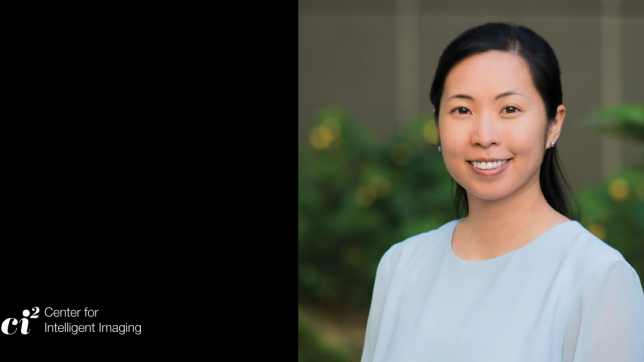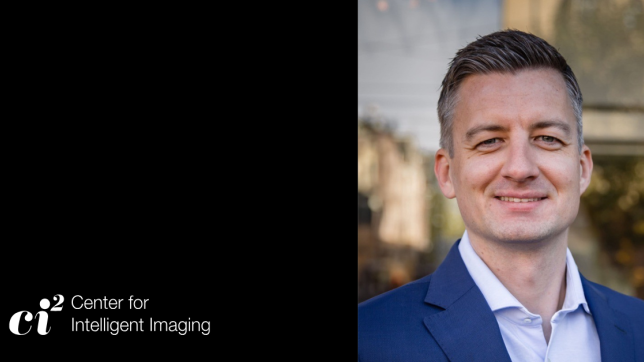Tessa Cook, MD, PhD, an Associate Professor of Radiology at the Perelman School of Medicine at the University of Pennsylvania in Philadelphia and Vice Chair of Practice Transformation in the Department of Radiology, has been exploring clinically relevant and applicable use cases for artificial intelligence (AI) in imaging. Dr. Cook recently presented her work on clinical informatics at the SRG Pillar meeting for the Center for Intelligent Imaging (ci2) at the University of California, San Francisco. Her presentation, "Solving for X: Identifying Clinically Relevant Problems in Medical Imaging," showcased her findings.
AI adoption in imaging has increased significantly, from 30% of radiologists using some form of AI in 2020 to 80% in 2025.
As Cook described, "The use cases [for AI in clinical practice] are very well-defined, very narrow ... But patient care is not narrow. We do the depth and breadth of everything in radiology." This presents an opportunity for AI tools to help deliver better care and optimize outcomes. Despite increasing adoption, trust remains the primary barrier to autonomous AI implementation among imaging professionals. "The goal is not a robot radiologist," Dr. Cook said. "It's a radiologist whose clinical expertise is complemented by AI to enable better patient care, information retrieval, improved productivity, better accuracy, more accurate reporting and more effective communication."
Dr. Cook explained that transparency, interpretability and explainability are necessary for building patient and provider trust, in addition to quantifying certainty, to enable proper clinical trust and decision-making in AI tools. She identified several high-impact areas where AI applications are gaining traction.
Electronic health records (EHR) summarization tools extract clinical context from complex medical records. Case triaging systems enable clinicians to prioritize urgent findings, like intracranial hemorrhage and acute aortic injuries. Laborious, manual tasks, such as protocoling and patient follow-up, can save time, ensure patients receive recommended testing and care and prevent them from getting lost in system gaps.
To learn more about the upcoming SRG Pillar meetings, visit the ci2 events page.



